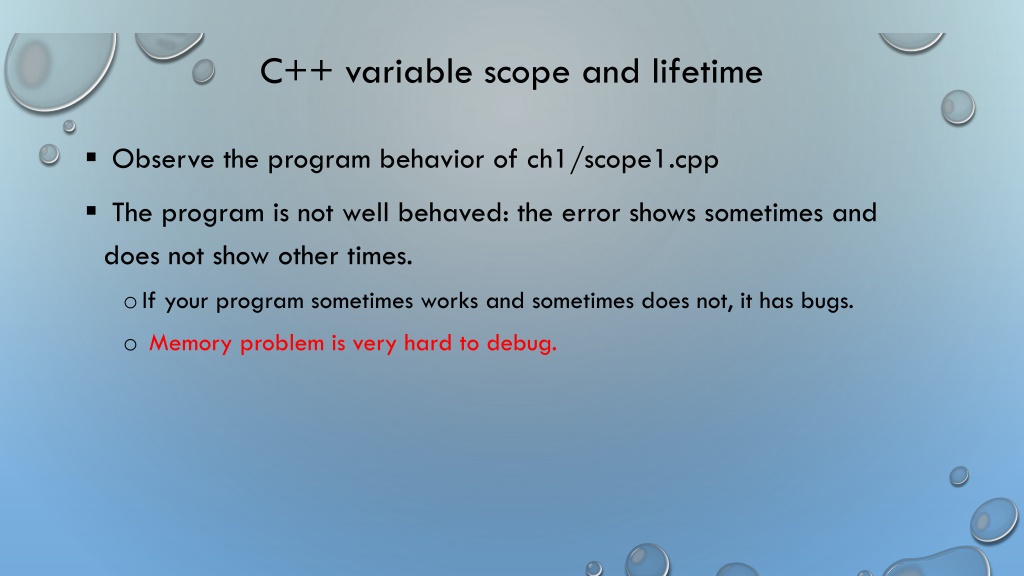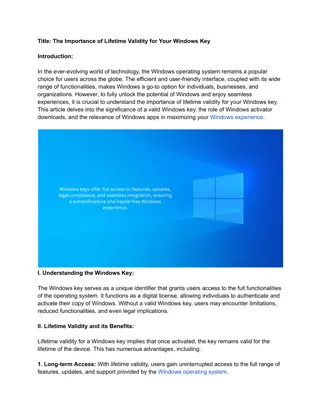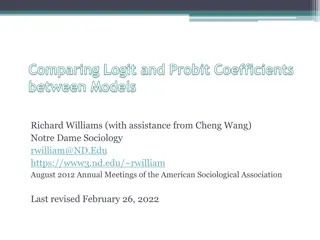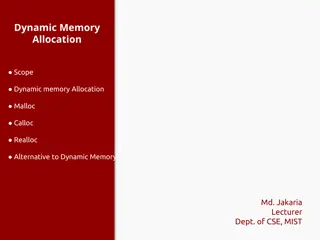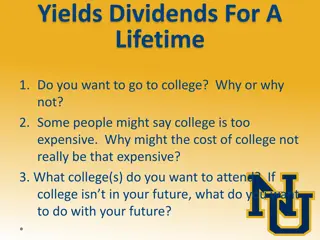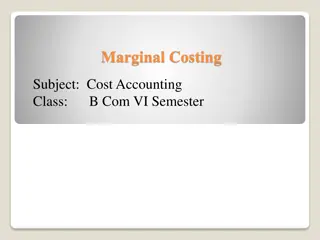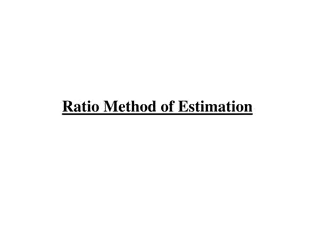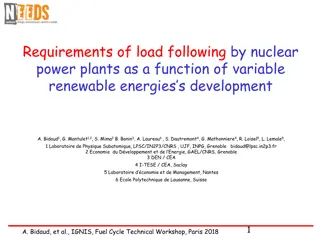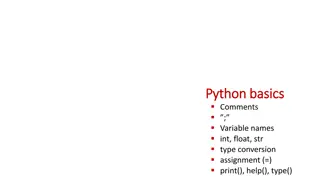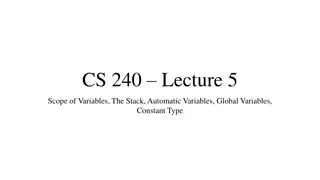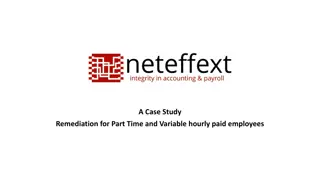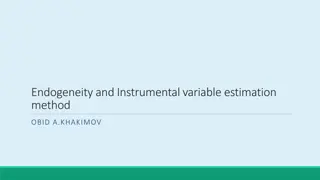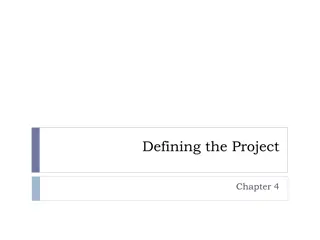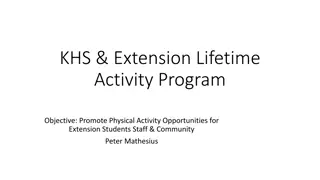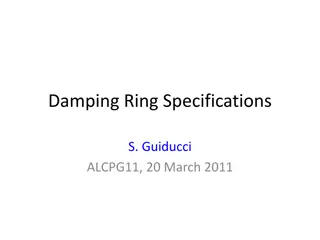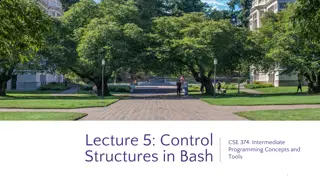Understanding C++ Variable Scope and Lifetime
The program behavior in C++ can be affected by variable scope and lifetime. This includes global variables accessible throughout the program's execution, local variables limited to function execution, variables declared within blocks, and pointers managing memory allocation. Issues such as memory problems can arise, leading to debugging challenges. Knowing when to use pointers and references is crucial, depending on your programming expertise. Proceed with caution and focus on translating logic into code effectively.
Download Presentation

Please find below an Image/Link to download the presentation.
The content on the website is provided AS IS for your information and personal use only. It may not be sold, licensed, or shared on other websites without obtaining consent from the author. Download presentation by click this link. If you encounter any issues during the download, it is possible that the publisher has removed the file from their server.
E N D
Presentation Transcript
C++ variable scope and lifetime Observe the program behavior of ch1/scope1.cpp The program is not well behaved: the error shows sometimes and does not show other times. oIf your program sometimes works and sometimes does not, it has bugs. o Memory problem is very hard to debug.
C++ variable scope and lifetime C++ variable scope and lifetime, four types of variables. See ch1/scope2.cpp o Global variable: declared outside any function o local variable: declared inside a function o variable declared inside a block o pointer pointing to memory created by new oSee ch1/scope2.cpp for example
C++ variable scope and lifetime Global variable: declared outside any function o Scope: accessible throughout the program o Lifetime (alive in memory): as long as the program executes Local variable: declared inside a function o Scope: accessible within the function o Lifetime: when the function is executed (this is why ch1/scope1.cpp is a wrong program)
C++ variable scope and lifetime Variable declared inside a block oScope: inside the block oTimelife: when the block is executed Pointer pointing to memory created by new o Timelife: alive after new and before delete or end of program o Make sure that each new has a matching delete
A few words about using pointers and references Using pointers and/or references often makes your program more efficient. They are difficult concepts and have caused most bugs and problems in C++ programs. o They cause memory problems. Debugging with memory problems is not easy for anyone! The best approach regarding whether to use them depends on your programming skill level: o If you are confident that you can make any program work, then use at will. o If you still need help from others to fix problems in your code, then avoid as much as possible. At your stage, the most important skill to gain is the ability to map the logic in your head to C++ code. Whether to use pointers/references or not is secondary. o In between: proceed with caution.
